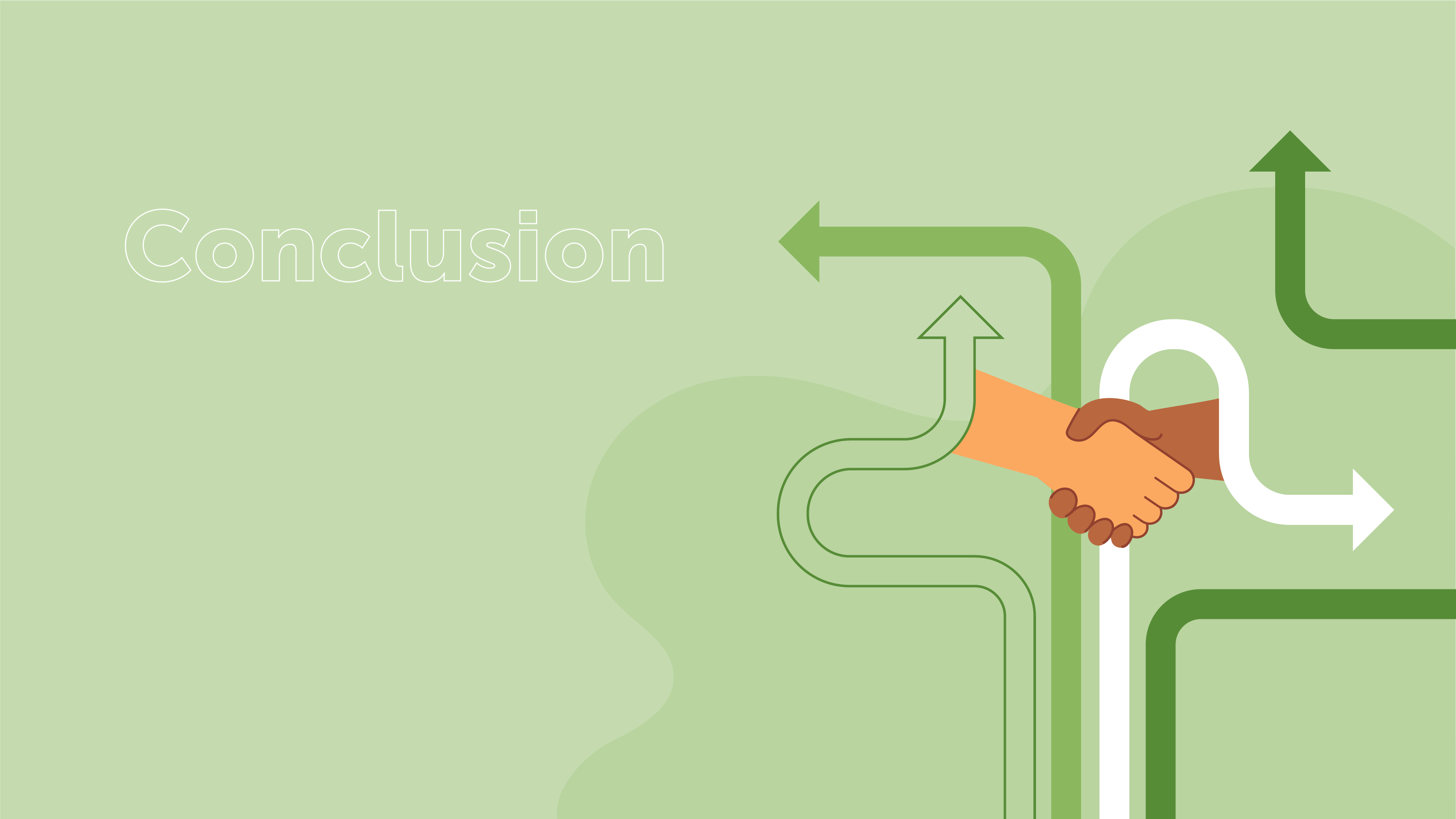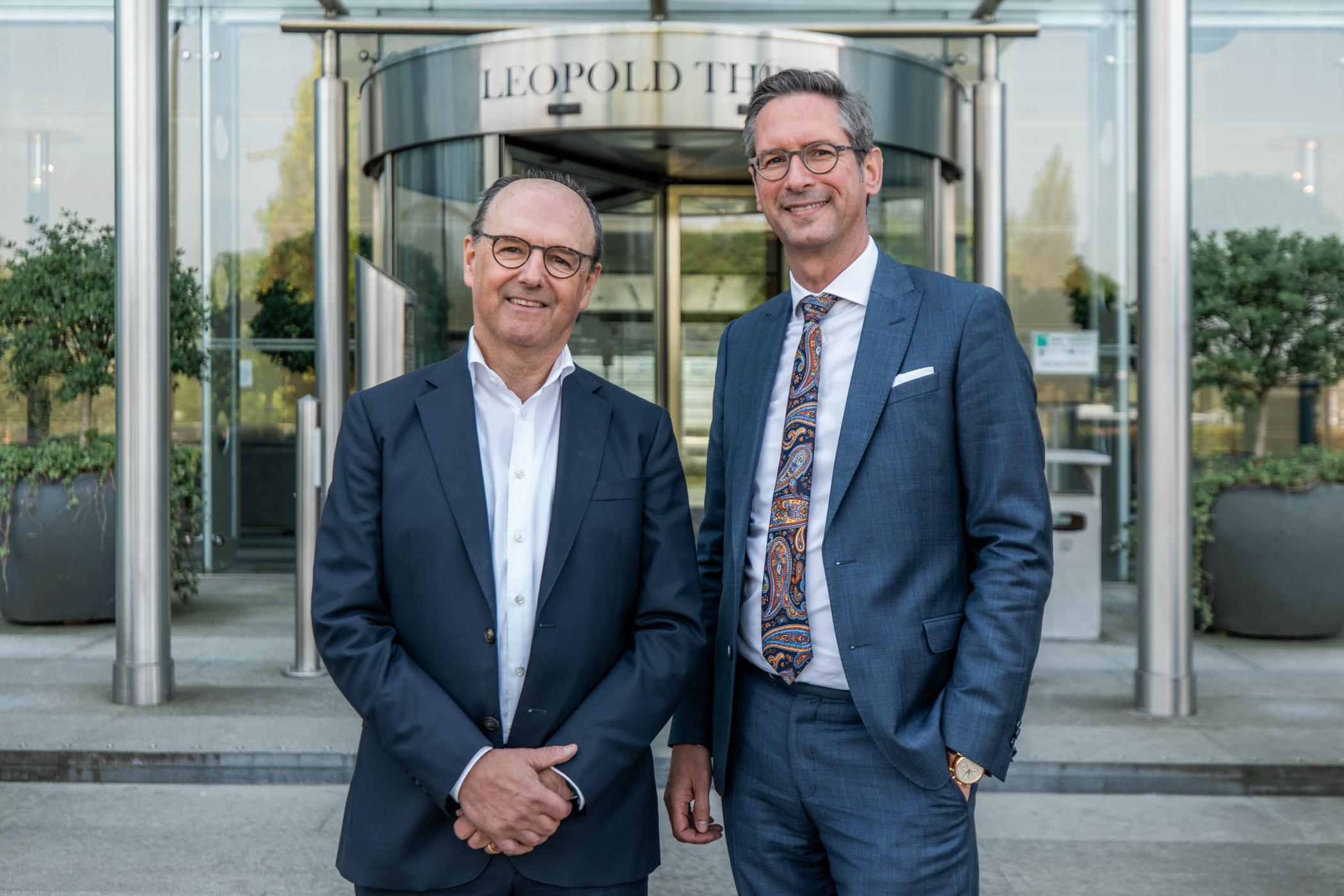
The circular economy turns thirty
In 2024, we are celebrating the 30th anniversary of Fost Plus, and this will also be the first year of a new accreditation period. It is the perfect opportunity for a review, and also a look ahead with CEO Wim Geens and Chairman Jan Vander Stichele.

2023 was a pivotal year for Fost Plus, the final year of the 2019-2023 accreditation period. What are your thoughts as you look back at this period?
Wim: ‘We started the previous accreditation period with big ambitions. It may seem a long time ago, but 2019 was when we took the first steps towards the expanded PMD collection. Five years later, we are now collecting 24 kilos of PMD from every member of the public, there are six brand-new sorting centres in our country, with extensive investment taking place in local recycling capacity. Together with our partners, we have created a completely new economic activity, with more jobs, major investments and pioneering innovations.’
Jan: ‘The Belgian public has definitely noticed this expansion. They are seeing their bag of residual waste visibly shrinking, which is a good thing of course. At the same time, sorting has never been easier. Now there is no need to think about whether an item of packaging should go with PMD or not. Ease of use has always been vital when it comes to getting the public on board. We are now acting as a facilitator in the area of out-of-home sorting too: this is another area where we want to make things as easy as possible for all those involved.’
‘Over 30 years, Fost Plus has had a huge social impact. We can no longer imagine not sorting our packaging at all. If there were no such thing as the blue bag we would have to reinvent it. Nevertheless our society is evolving fast and we need to look forward if we want to stay relevant.’
So 2024 is here, and a new accreditation period began earlier this year. What can we expect from the next five years?
Wim: ‘A new accreditation period always means some wishful thinking about the future. The continued development of the circular economy in Belgium is a key part of that. It is clear that recycling is no longer the holy grail, although it is still a vital cornerstone of the building. We see it as our mission to help companies reduce their packaging and make the inevitable transition towards more reuse. That is of course going to be a challenge, but it also offers huge opportunities to benefit through innovation.’
Jan: ‘We will also be playing an important role in the fight against litter, a persistent problem that annoys everyone. This is true for me personally, but it also affects our members when they see their packaging ending up in the natural environment. As well as having negative effects on our surroundings, litter is also unacceptable from the perspective of our vision of the circular economy. In 2024 we simply cannot afford to let materials go to waste.’
Fost Plus clearly sees its role expanding in the coming years. Where do you stand on it?
Wim: ‘Fost Plus was created 30 years ago when producers became responsible for packaging. Initially we focused on goals around achieving statutory recycling rates, but now we have become one of the driving forces behind the circular economy in Belgium. In the coming years we will be contributing even more towards a more sustainable economy and society.’
Jan: ‘We are confident that we can live up to that role. Our pilot projects last year have clearly shown that our vision is effective. At the same time it is obviously important that the government creates a clear legal framework too, so that we can take on that role. Still, we have no plans to take a break at this point, because time is pressing. We have worked hard for 30 years and built up a leading position; we are not going to give it up now.’